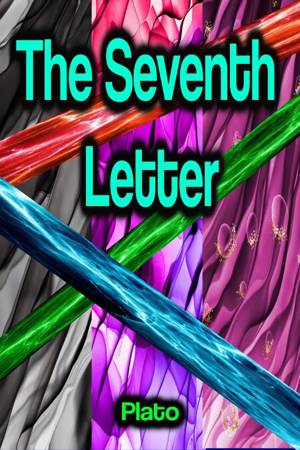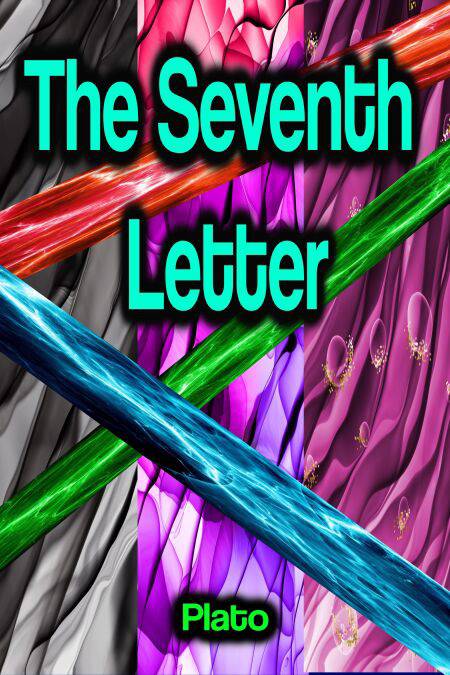
- Retrait en 2 heures
- Assortiment impressionnant
- Paiement sécurisé
- Toujours un magasin près de chez vous
- Retrait gratuit dans votre magasin Club
- 7.000.0000 titres dans notre catalogue
- Payer en toute sécurité
- Toujours un magasin près de chez vous
Description
The Seventh Letter Plato - The Seventh Letter of Plato is an epistle that tradition has ascribed to Plato. It is by far the longest of the epistles of Plato and gives an autobiographical account of his activities in Sicily as part of the intrigues between Dion and Dionysius of Syracuse for the tyranny of Syracuse. It also contains an extended philosophical interlude concerning the possibility of writing true philosophical works and the theory of forms. Assuming that the letter is authentic, it was written after Dion was assassinated by Calippus in 353 BC and before the latter was in turn overthrown a year later.Of all the letters attributed to Plato, the Seventh Letter is widely considered the only one that might be authentic. R. Ledger defends its authenticity on the basis of computer analysis. Anthony Kenny is likewise inclined to accept it as genuine. The main objections to its authenticity involve its statement that there are forms or ideas of artificial things, whereas Aristotle attributes to Plato the idea that there are forms or ideas only of natural things, as well as the fact that the letter's purported historical setting seems unlikely: the letter implies that Dion's followers wrote to Plato asking him for practical political advice while at the same time insinuating that he had not been loyal to Dion, that Calippus permitted the letter to get to Plato, and that Plato replied by recounting in detail recent history to people who were immediately involved in those events and included in his advice a long digression on the theory of forms. These problems lead R. G. Bury to conclude that the letter was an open letter intended to defend Plato in the eyes of his fellow Athenians rather than to be sent to Dion's followers in Sicily; there probably never was any letter from them to Plato, he says.Nevertheless, the Seventh Letter has recently been argued to be spurious by prominent scholars such as Malcolm Schofield, Myles Burnyeat, George Boas, Terence Irwin, and Julia Annas. According to Annas, the Seventh Letter is "such an unconvincing production that its acceptance by many scholars is best seen as indicating the strength of their desire to find, behind the detachment of the dialogues, something, no matter what, to which Plato is straightforwardly committed."
Spécifications
Parties prenantes
- Auteur(s) :
- Editeur:
Contenu
- Nombre de pages :
- 111
- Langue:
- Anglais
Caractéristiques
- EAN:
- 9783986474782
- Date de parution :
- 19-10-21
- Format:
- Ebook
- Protection digitale:
- Digital watermarking
- Format numérique:
- ePub

Seulement chez Librairie Club
+ 3 points sur votre carte client de Librairie Club
Les avis
Nous publions uniquement les avis qui respectent les conditions requises. Consultez nos conditions pour les avis.





